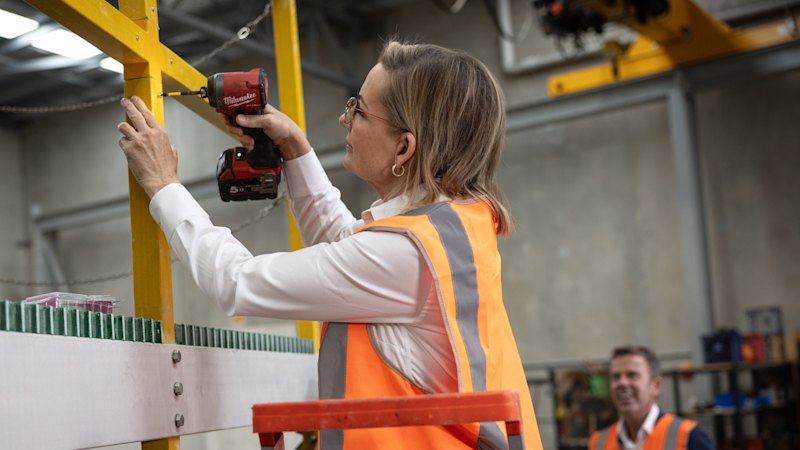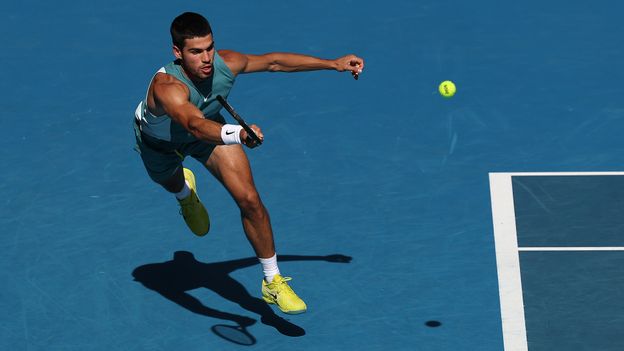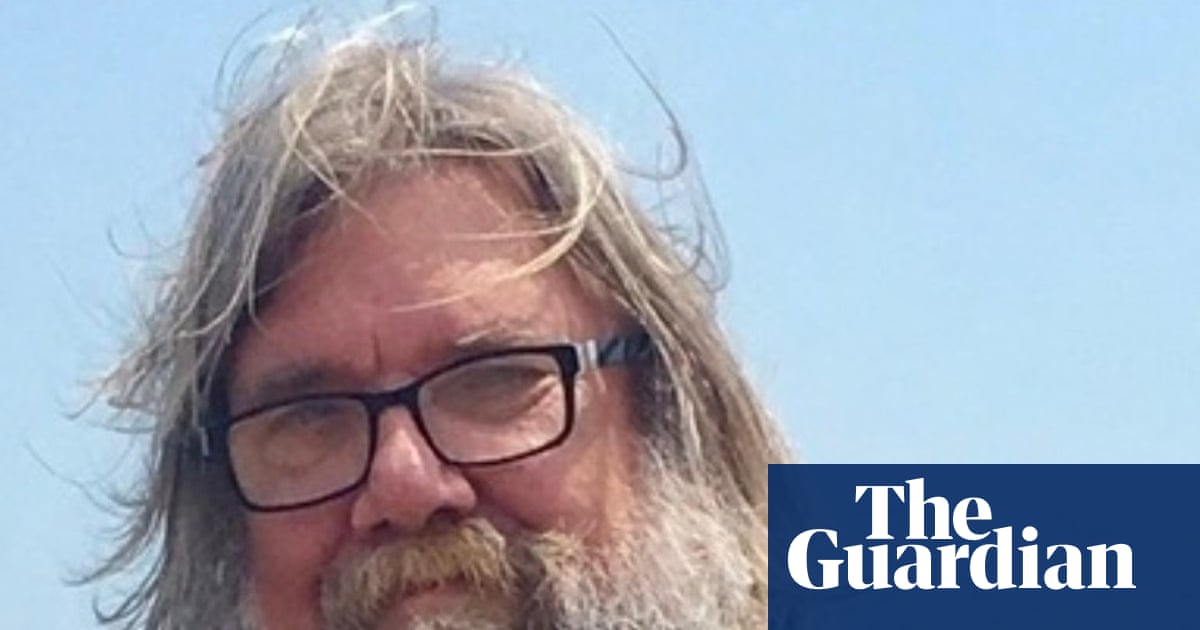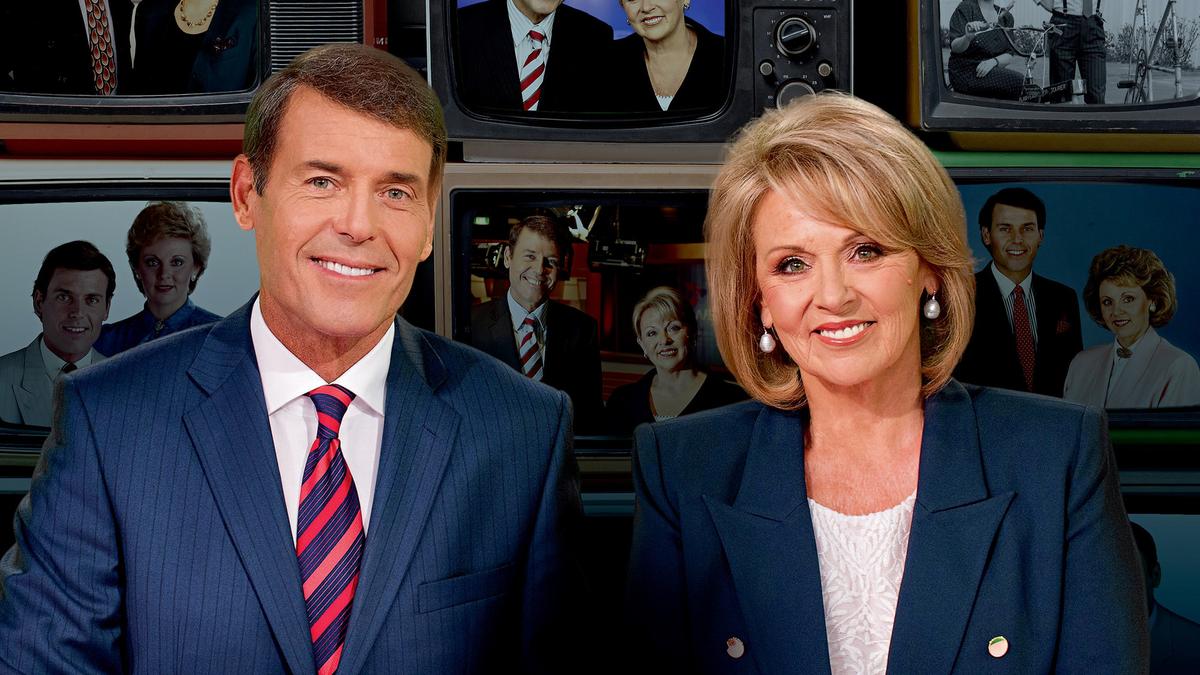
Increasing spending on missiles and fostering national pride to prepare for potential conflict are set to be key priorities of a Coalition government, Opposition Leader Sussan Ley will declare in a major speech. This announcement aims to strengthen her leadership by critiquing Labor’s current security agenda.
In her first significant address on defense, Ley contrasts sharply with Foreign Minister Penny Wong’s recent advocacy for positive diplomacy. Instead, Ley argues that Australia should be more prepared and resilient in case diplomacy fails and conflict arises.
Defense Strategy and Internal Party Dynamics
Ley’s keynote speech at the Menzies Research Centre on Thursday follows weeks of internal party disputes over energy policy and rumors of a leadership challenge from rivals, including Andrew Hastie. Hastie, who served as the defense spokesman under Peter Dutton, is part of the backdrop to Ley’s address, which outlines new areas of spending. Her proposals are positioned as a significant improvement over the previous policy of boosting defense spending to 3% of GDP without specifying allocations.
Key elements of Ley’s strategy include increasing Australia’s fuel reserves to over 90 days’ worth, investing in air and missile defense systems, and rapidly developing aerial and underwater drones. These measures are intended to bolster Australia’s immediate defenses as the nation awaits the arrival of nuclear-powered submarines, which are expected to serve as a primary deterrent against regional threats.
Addressing Regional Tensions
In a draft of her speech, Ley makes a veiled reference to China’s military activities, stating,
“Australia should make its view known that the realization of one nation’s destiny cannot be through the destruction of another’s.”
She emphasizes the need for Australia to deter potential aggressors by increasing its military capabilities, arguing that under Labor, the nation faces a “distinct and alarming deficit of power and influence.”
Ley asserts that stronger signals are necessary to demonstrate the “resolve and resilience of our people.” She points to a recent Lowy Institute poll, which reveals that nearly a quarter of Australians would not defend their country, as evidence of the need to change cultural attitudes and uplift national pride.
Political Implications and Leadership Challenges
The hawkish comments mark Ley’s third major policy speech since assuming leadership. Her previous attempts to outline economic policy and promise tax cuts were overshadowed by destabilizing events, such as the departure of Jacinta Nampijinpa Price from the frontbench.
Despite speculation, it is unlikely that Ley will face a leadership challenge in the upcoming parliamentary session. However, her allies acknowledge that she has until her first budget-in-reply speech next May to improve polling numbers significantly.
Prior to Ley’s critique of Labor’s military preparedness, frontbencher Philip Thompson criticized the Prime Minister for wearing a naval cap at a Perth base during a press conference, stating,
“Military insignia should not be worn by politicians as they make political arguments – it is as simple as that.”
Albanese’s office has been contacted regarding Thompson’s claim.
Energy Policy and National Security
Ley also links the Coalition’s abandonment of the net zero target to national security, suggesting that access to more natural gas and new nuclear technology will support defense industries. She warns that renewable energy infrastructures, such as wind and solar farms, are vulnerable to cyberattacks and sabotage, particularly from Chinese hackers.
In a nod to right-wing skepticism towards global institutions, Ley criticizes the United Nations, stating that many Australians view it with “scepticism and exhaustion,” particularly regarding its stance on Israel. She has tasked shadow ministers with exploring new multilateral forums to foster global unity.
Global Relations and Future Outlook
Meanwhile, Prime Minister Anthony Albanese has advanced the AUKUS nuclear submarine treaty and secured several security agreements with Pacific nations and Indonesia, while also stabilizing relations with China. In a recent interview, Albanese expressed a preference for focusing on the “positives” regarding China and declined to speculate on potential conflicts over Taiwan.
As the political landscape continues to evolve, Ley’s speech underscores the ongoing debate over Australia’s defense strategy and its implications for national security. With both internal and external challenges ahead, the Coalition’s approach to these issues will be closely scrutinized in the coming months.







